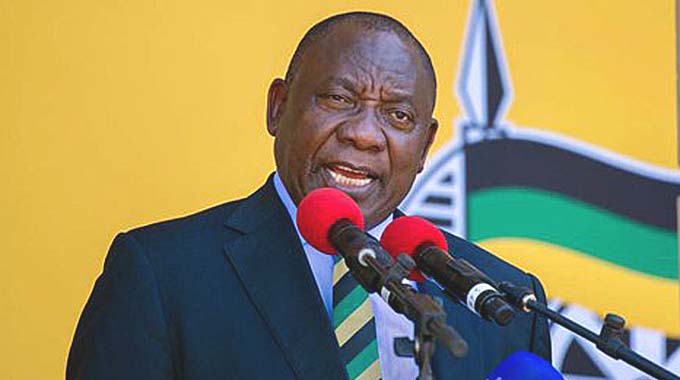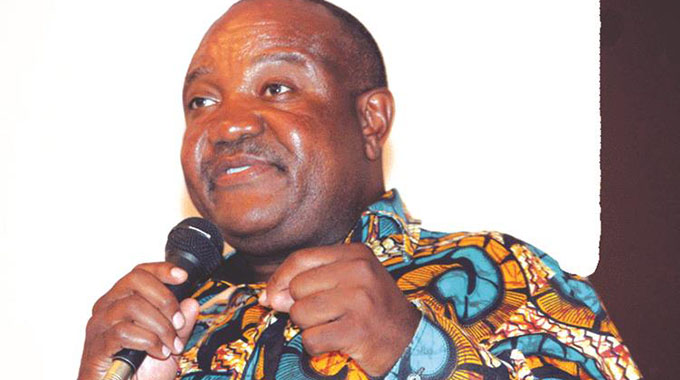SA land reform unlikely to mean constitutional change: Analysts

JOHANNESBURG. – South Africa looks likely to implement land redistribution under existing laws rather than by changing the constitution following a ruling party summit, in an approach more palatable to investors, analysts said yesterday.
President Cyril Ramaphosa, who came to power in February when former leader Jacob Zuma was ousted by his own party, has pledged to redistribute land without compensation, a move popular with poorer black voters ahead of an election next year.
The African National Congress on Monday said it would “test the argument” that land redistribution without compensation is permitted under current laws, which would avoid the risky strategy of trying to change the constitution.
“(President) Ramaphosa is working hard to defuse this issue. There is a carefully calculated move to work within the current legal framework,” said political analyst Daniel Silke.
“Changing the constitution over an issue that can be dealt with under current laws would be a red flag to a bull with foreign and domestic investors.”
With parliamentary elections next year, accelerating land reform will help to nullify the threat of the Economic Freedom Fighters (EFF), a party whose push for radical wealth redistribution is attractive to disillusioned ANC supporters.
The EFF says the constitution must be changed to ensure radical redistribution of land and other parts of the economy from the white minority to the black majority.
“The ANC has become disposed to expropriate without compensation precisely because of pressure from the EFF,” said Lesiba Teffo, political analyst and a professor at the University of South Africa.
“I think the majority of the people will be happy with a measured approach. The EFF has overplayed the race card.”
Some investors are concerned that the ANC’s reforms will result in white farmers being stripped of land to the detriment of the economy, although Ramaphosa has repeatedly said any changes will not compromise food security or growth. – Reuters









Comments